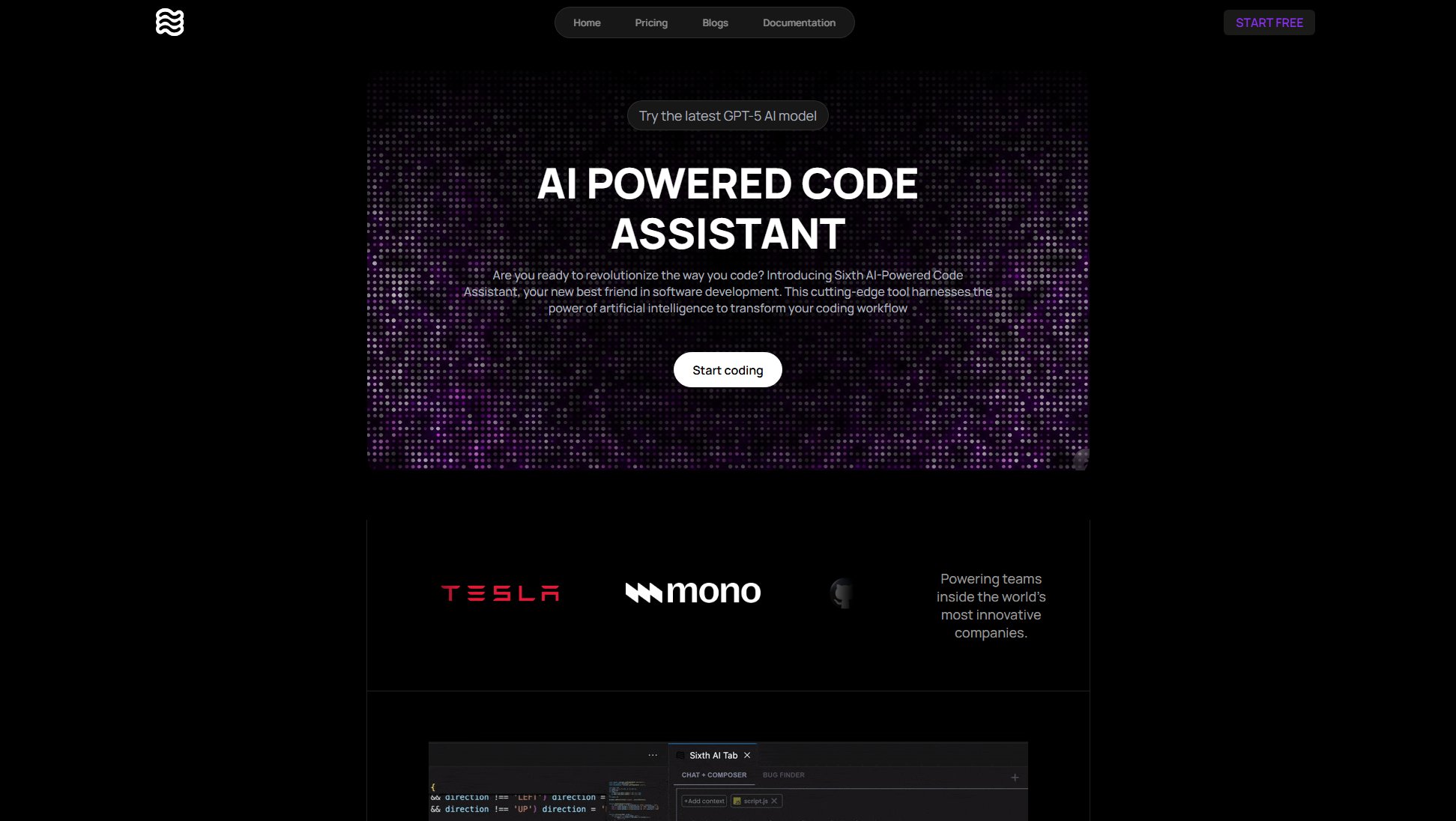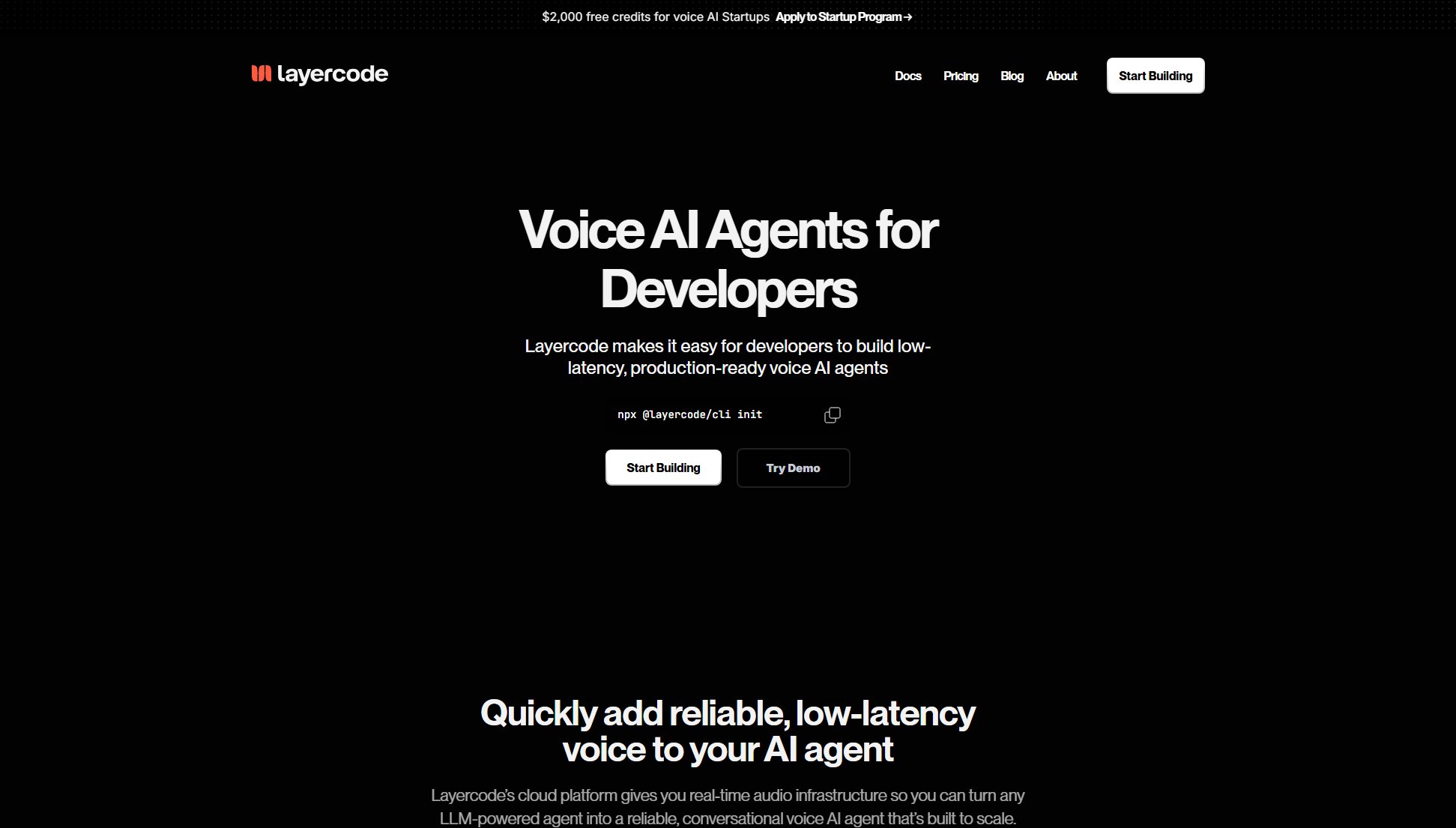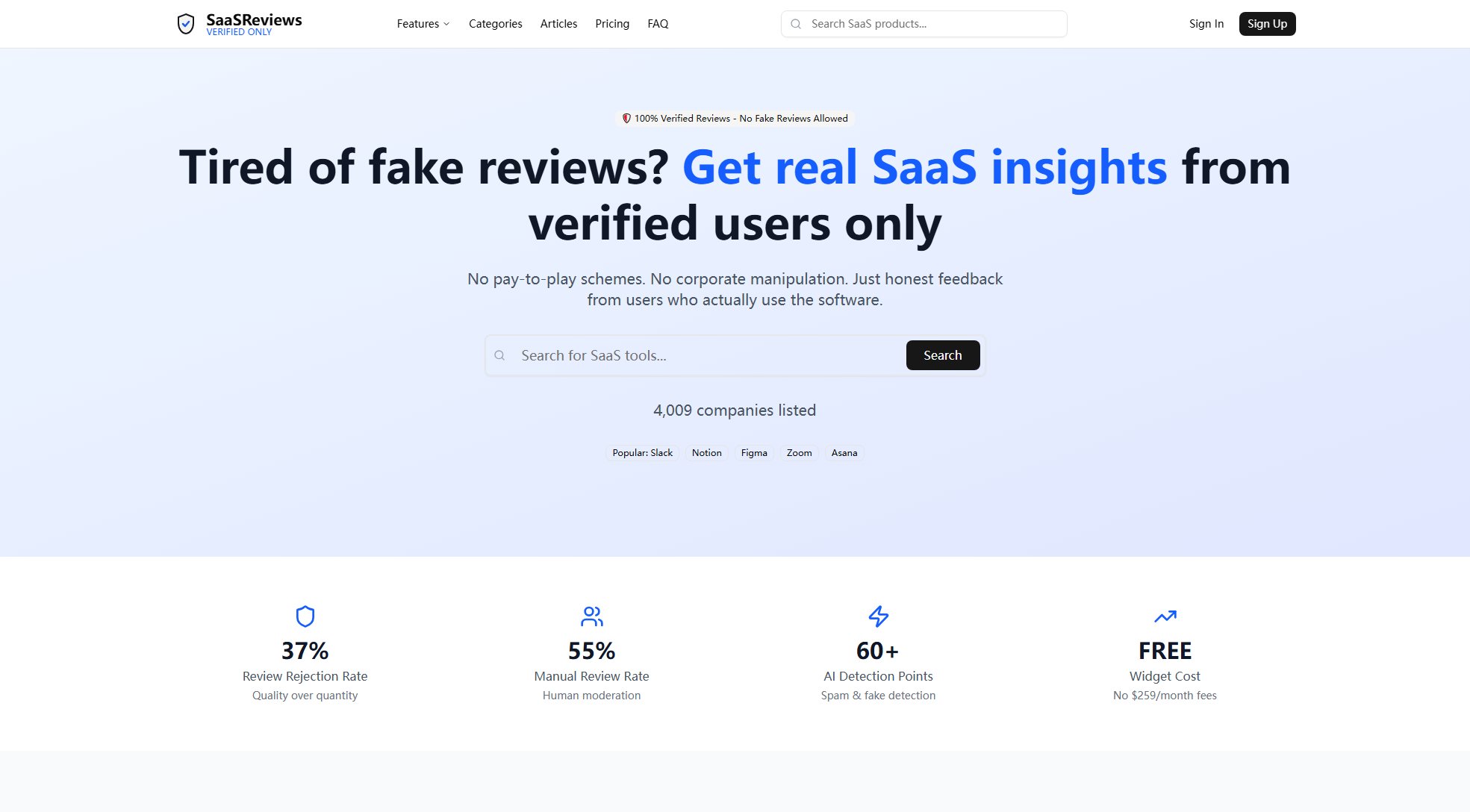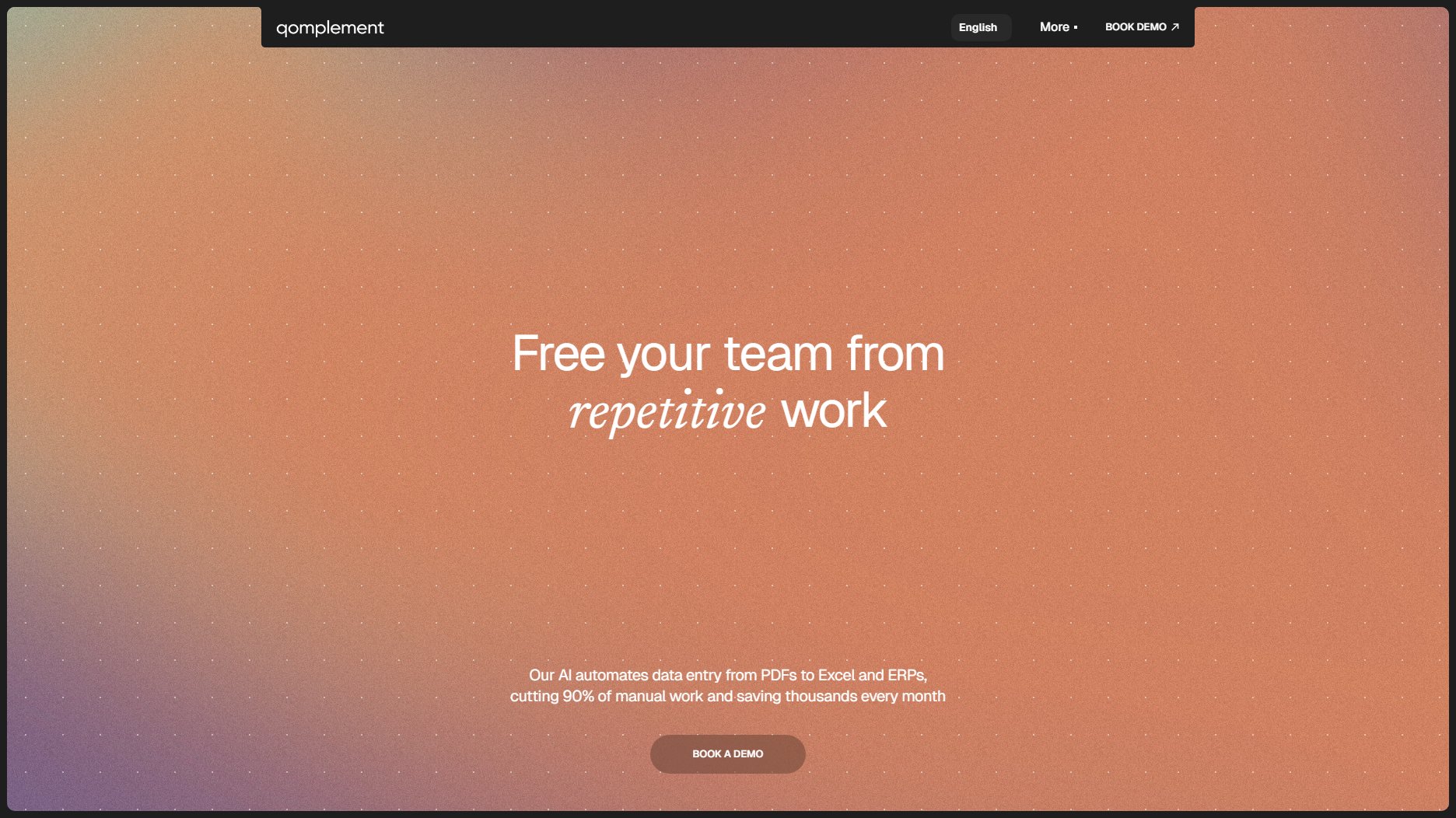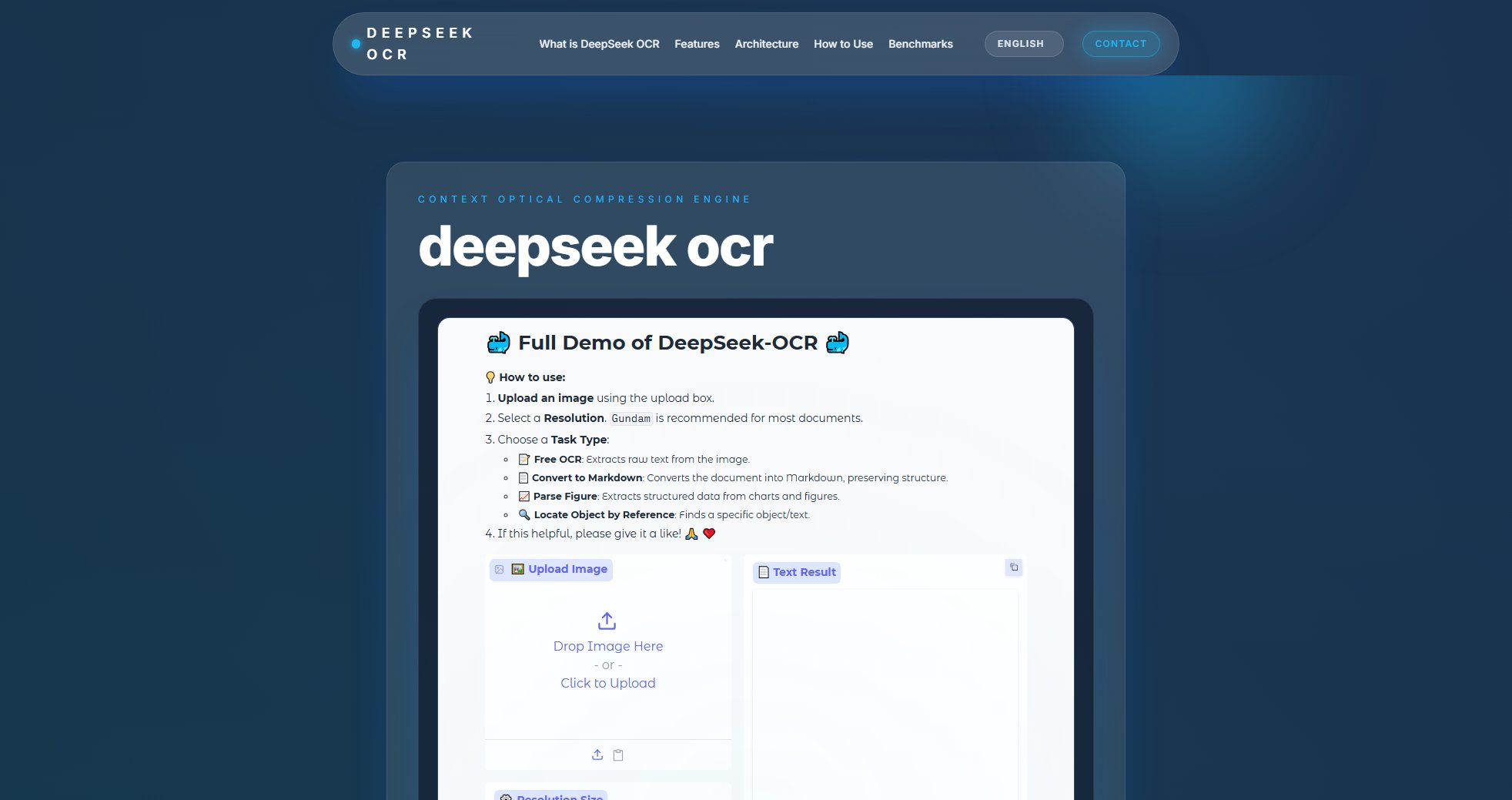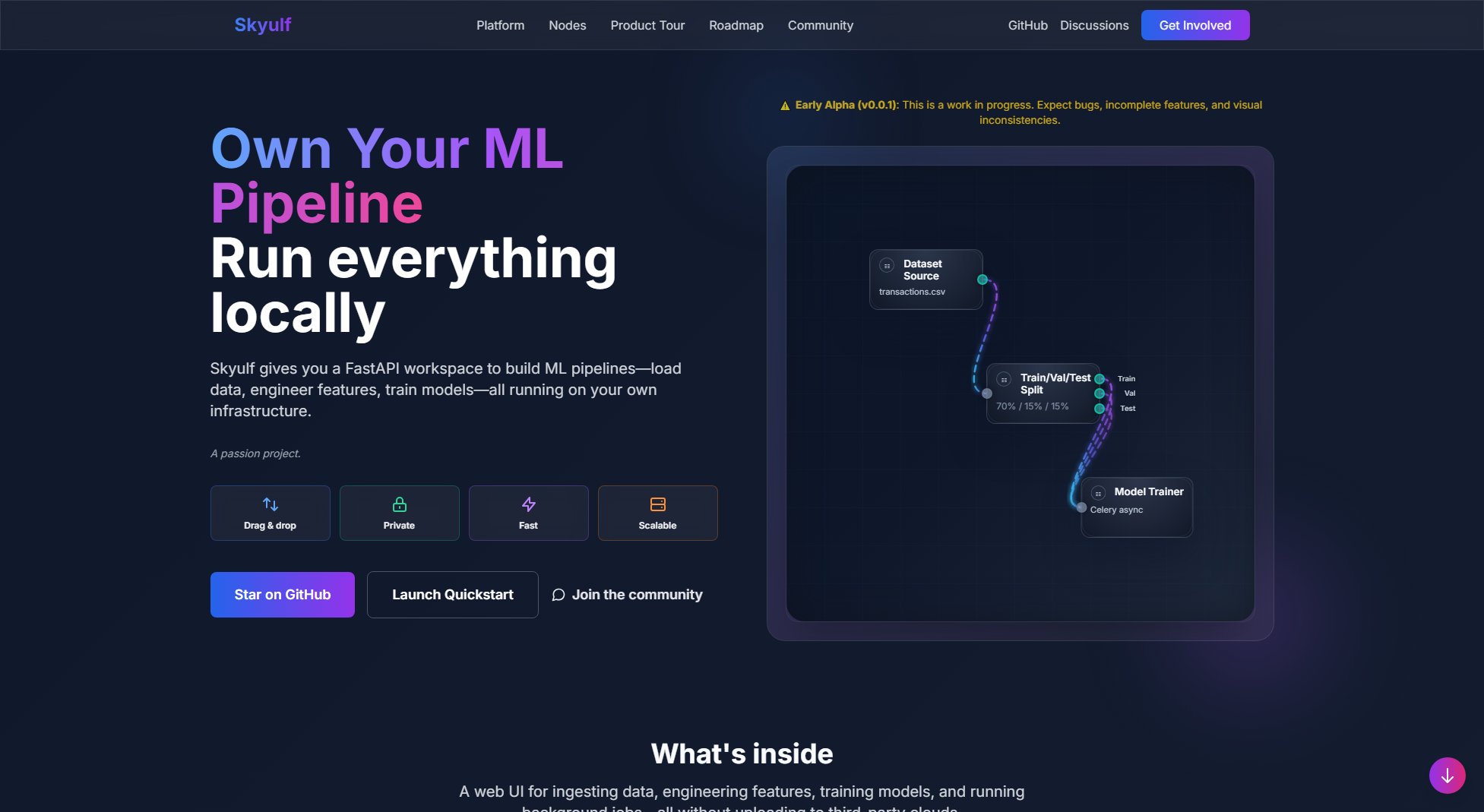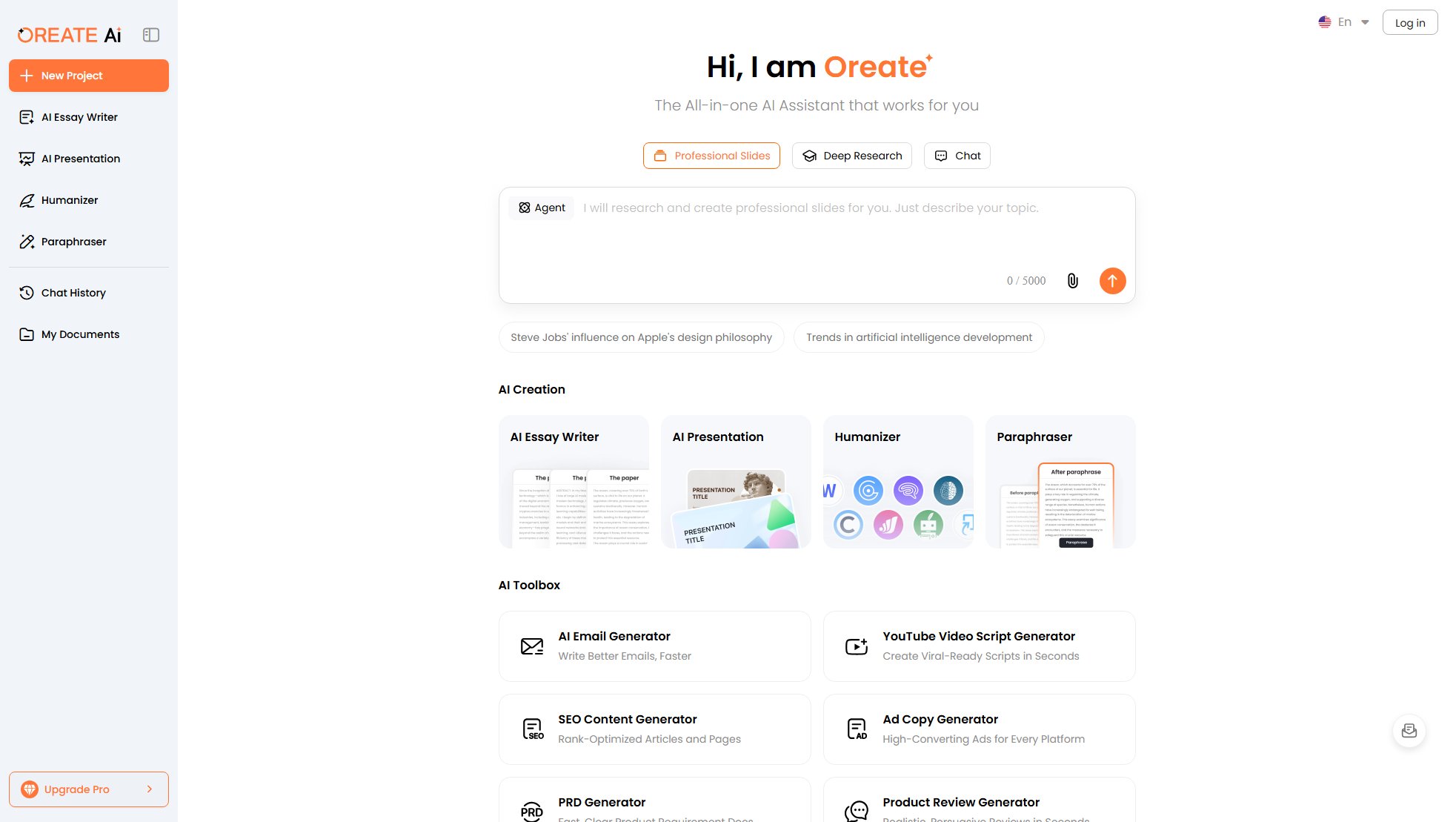Compozy
Enterprise-grade multi-agent AI orchestration platform
What is Compozy? Complete Overview
Compozy is an advanced agentic orchestration platform designed to simplify the creation and management of multi-agent AI systems. Built on Temporal's fault-tolerant workflow engine and powered by Go's high-performance capabilities, Compozy enables enterprises to build scalable, reliable, and cost-efficient distributed workflows using declarative YAML. The platform addresses key challenges in AI automation including complex fan-outs, debugging, monitoring, and handling untrusted data. With features like workflow management, agent definition, task systems, and memory management, Compozy provides a comprehensive solution for production-ready AI automation that surpasses simpler frameworks like LangChain and Airflow in enterprise readiness.
Compozy Interface & Screenshots
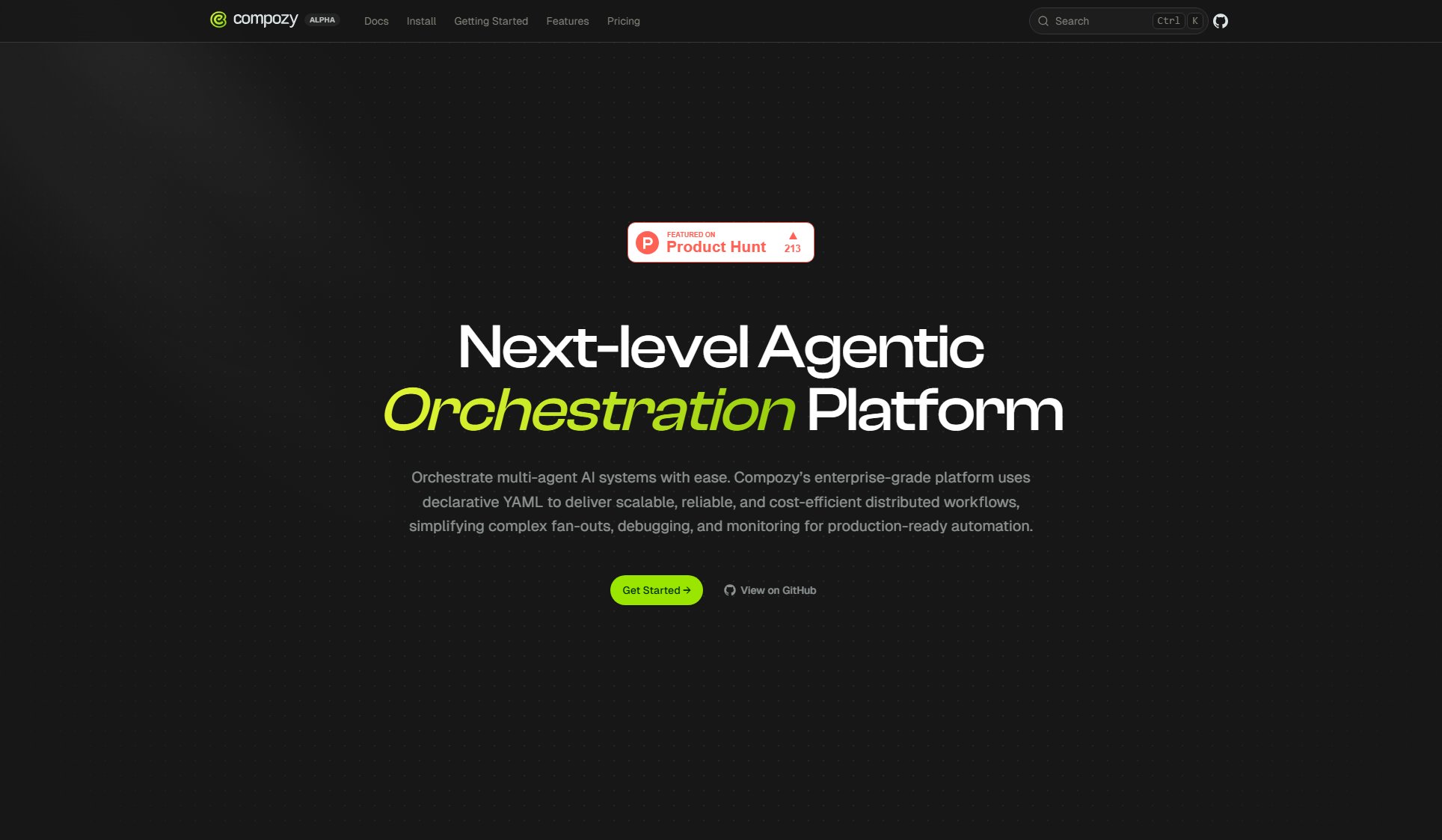
Compozy Official screenshot of the tool interface
What Can Compozy Do? Key Features
Workflow Management
Design complex AI workflows using intuitive YAML templates with dynamic variables, directives, and Sprig functions. Leverages Temporal for durable, scalable execution with features like parallel task processing, error handling, and state management. Example workflows include code analysis pipelines with performance and best practices checks running concurrently.
Agent Definition
Create sophisticated AI agents with LLM integration, tool support, memory management, and structured outputs. Agents can be specialized for specific tasks like code analysis with custom instructions, model configurations, and action definitions. This surpasses simpler frameworks by offering enterprise-grade customization and control.
Task System
Execute diverse operations including basic tasks, parallel processing, collections, routers, signals, and waits. The system supports Go's native concurrency for efficient parallel execution with built-in error handling. Example use cases include concurrent code analysis, file processing batches, and event-driven workflows.
Agnostic Runtime for Tools
Run custom JavaScript/TypeScript code within tasks using the secure Bun runtime with granular permissions. This enables safe, high-performance extensions that are more flexible than rigid alternatives. Includes schema validation and multi-language support for inputs/outputs.
MCP Integration
Discover and execute external tools via Model Context Protocol (MCP) servers through a secure proxy. Enables seamless integration with existing systems and up-to-date documentation retrieval, offering more robust connectivity than basic API calls in competitors.
Signal-Based Events
Implement event-driven architectures with publish/subscribe patterns for workflow coordination. Features include signal tasks, wait tasks with timeouts/conditions, and event-triggered workflows that outperform no-code tools in programmability and flexibility.
Scheduled Workflows
Create cron-like automated workflows for recurring AI tasks and batch processing. Powered by Temporal for reliable, fault-tolerant execution that goes beyond basic schedulers. Example includes daily code analysis runs across repositories with parallel processing.
Memory Management
Store and retrieve conversation history with configurable backends, flush strategies, and privacy controls. Integrated with Temporal for fault-tolerant state management in context-aware applications. Supports token-based limits, TTL, and structured key templates.
Best Compozy Use Cases & Applications
Automated Code Analysis Pipeline
Enterprise development teams can implement Compozy to create automated code review workflows that run performance analysis and best practices checks in parallel across entire codebases. The system handles repository scanning, file processing, analysis distribution, and report consolidation with fault tolerance and scheduling.
AI-Powered Documentation System
Technical writing teams can build documentation assistants that leverage MCP integration to fetch up-to-date library references, combine them with LLM analysis, and generate comprehensive documentation sets. Memory management maintains context across documentation sessions.
Event-Driven Deployment Automation
DevOps teams can create deployment workflows triggered by code analysis completion signals, with approval wait steps and conditional processing. The system coordinates across testing, security scanning, and deployment agents with full audit trails.
Scheduled Data Processing
Data teams can implement nightly batch processing jobs that distribute analysis tasks across multiple AI agents, handle failures gracefully, and consolidate results. Temporal's durable execution ensures no data loss even during infrastructure issues.
How to Use Compozy: Step-by-Step Guide
Define your workflow structure in YAML, specifying agents, tasks, and their relationships. Start with the workflow ID, version, and description, then outline the task sequence including parallel processing if needed.
Configure your AI agents by specifying their models, instructions, tools, and actions. Include memory configurations for context-aware behaviors and define any required MCP server connections for external tool integration.
Implement your task logic, choosing from basic operations, parallel executions, collections, or event-based patterns. Use dynamic variables and Sprig functions for flexible parameterization of your workflow steps.
Add signal handling and scheduling if needed, configuring event triggers, wait conditions, and cron schedules for automated execution. Set up memory management for state persistence across workflow runs.
Deploy your workflow either through self-hosting the open-source engine or using Compozy's managed cloud platform (coming soon). Monitor execution through Temporal's durable workflow history and built-in observability features.
Iterate and optimize based on execution metrics and debugging insights. Compozy's fault-tolerant design ensures reliable operation even during development iterations and scaling adjustments.
Compozy Pros and Cons: Honest Review
Pros
Considerations
Is Compozy Worth It? FAQ & Reviews
Yes, the open-source version with full workflow engine capabilities is completely free to use and self-host. The upcoming cloud version will offer additional managed services with paid plans.
Compozy offers more enterprise-ready features including durable workflow execution, advanced task orchestration, and better scalability through Temporal integration. It uses declarative YAML instead of code-heavy implementations.
Workflows are defined in YAML, while custom tools can be written in JavaScript/TypeScript using Bun runtime. The core engine is written in Go for high performance.
Yes, the open-source version can be self-hosted anywhere. The Enterprise plan also offers on-premise deployment options with additional support and security features.
Built on Temporal, Compozy provides automatic retries, timeouts, and durable execution history to ensure workflows complete successfully despite failures.
The managed cloud platform is currently in development with no specific release date announced. The open-source version is available now for immediate use.

